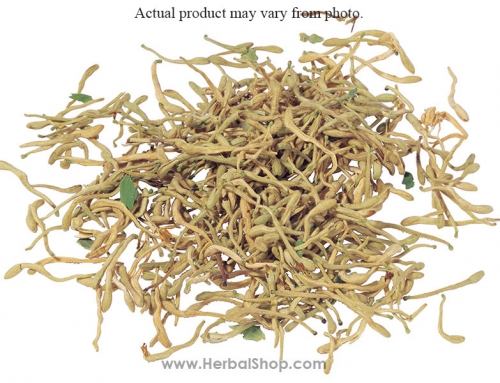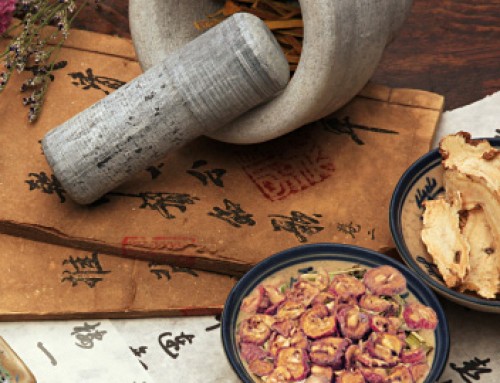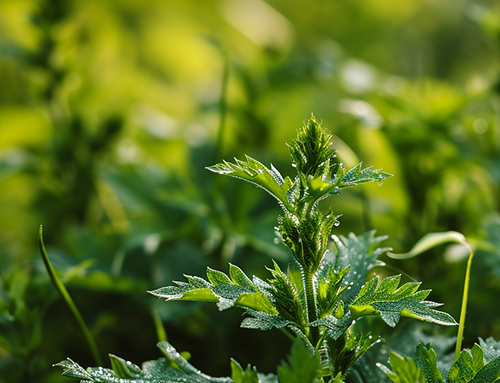龍骨
Dragon’s bone (Longgu)
Pharmaceutical Name: Os draconis
Zoological Name: 1. Stegodon orientalis. 2. Rhinocerus senensia
Common Name: Dragon’s bone, Fossilized bone
Source of Earliest Record: Shennong Bencao Jing
Part Used: The fossilized vertebrae and other bones of ancient large mammals, such as Rhinocerus or Rechistaric reptiles, are collected and broken into pieces.
Natural Properties & Taste: Sweet, astringent and slightly cold
Meridians: Heart and liver
Therapeutic Effects:
1. To pacify the liver and subdue the yang.
2. To calm the heart and soothe the mind. |
3. To relieve leukorrhea and arrest seminal emissions or sweating
Indications & Combinations:
1. Deficient yin of the liver and kidneys with hyperactive yang of the liver manifested as dizziness, vertigo, blurred vision or irritability. Dragon’s bone (Longgu) is used with Oyster shell (Muli), Red ochre (Daizheshi) and White peony root (Baishao) in the formula Zhengan Xifeng Tang.
2. Seminal emissions due to deficient kidneys. Dragon’s bone (Longgu) is used with Oyster shell (Muli), Flattened milkvetch seed (Shayuanzi) and Euryale seed (Qianshi).
3. Palpitations and insomnia. Dragon’s bone (Longgu) is used with Oyster shell (Muli), Polygala root (Yuanzhi) and Wild jujube seed (Suanzaoren).
4. Leukorrhea due to deficient kidneys. Dragon’s bone (Longgu) is used with Oyster shell (Muli), Dioscorea (Shanyao) and Cuttlefish bone (Wuzeigu).
5. Spontaneous sweating and night sweating. Dragon’s bone (Longgu) is used with Oyster shell (Muli) and Schisandra fruit (Wuweizi).
Dosage: 15-30 g
Cautions & Contraindications: This herb should be cooked before adding other herbs.






